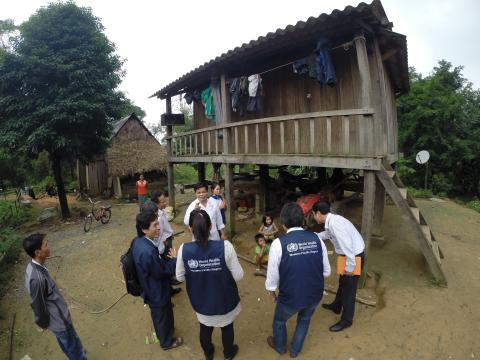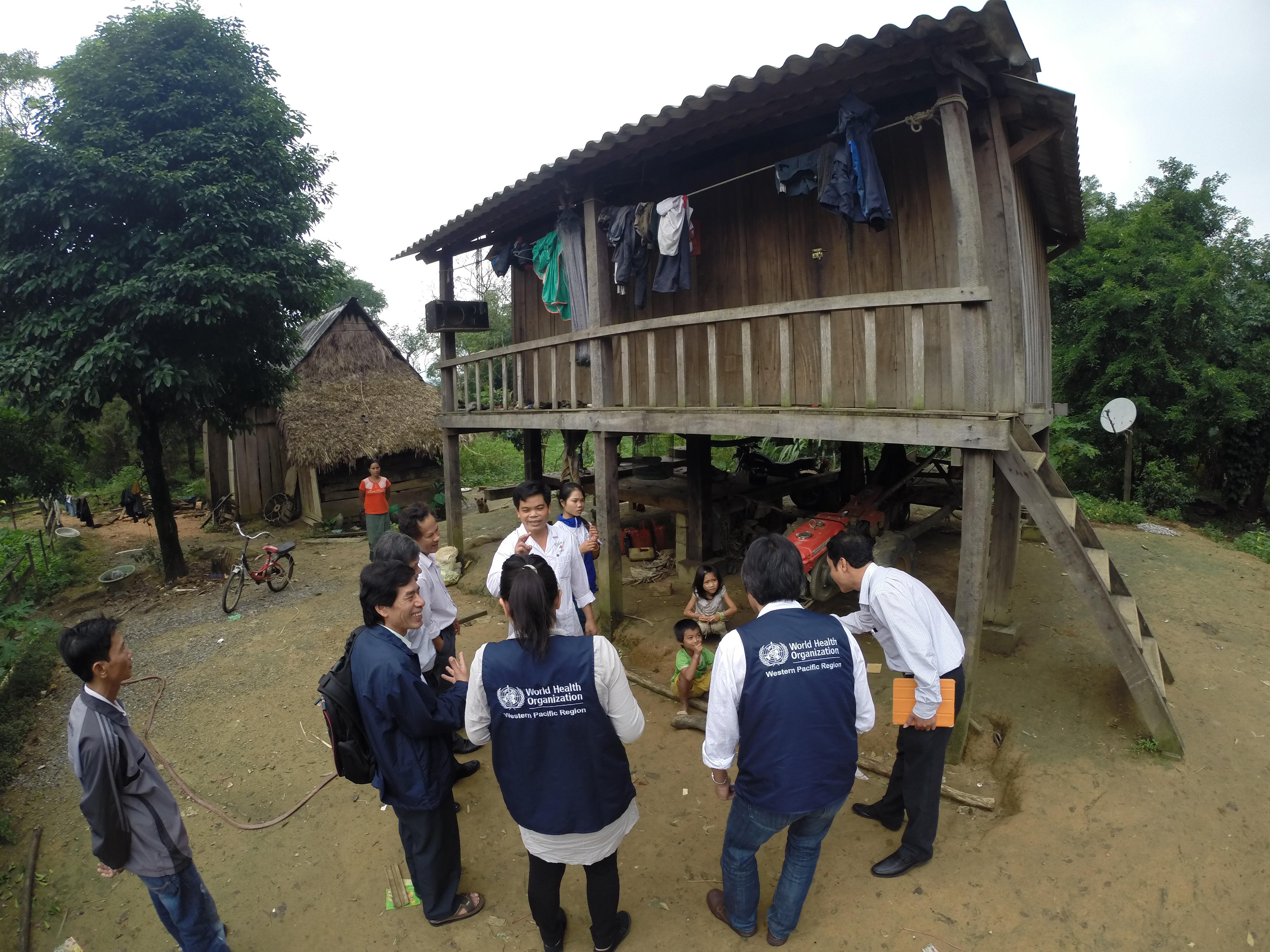
When it comes to health, no one should be left behind: each and every person matters. This is the premise behind Viet Nam’s commitment to and adoption of universal health coverage (UHC) as a part of its development agenda and the foundation on which its Health Partnership Group (HPG) operates.
The HPG, which serves as a mechanism for high-level policy dialogue and coordination between the Ministry of Health (MoH) and development partners (DPs) as well as a platform for policy dialogue on health sector policies, strategies and plans, has been moving this vision forward. It provides support to the MOH on priority-setting and the development of sector policies and strategies and plans that are geared towards the achievement of UHC. It is supported by technical working groups (TWGs) which generate evidence, provide feedback, and concretize actions at the technical and operational levels.
The HPG offers a platform for convergence towards UHC, and has in effect been serving as a partnership to achieve this vision. Together with MOH, WHO has taken a lead role in facilitating this process.
Through its TWG on health planning and financing, the HPG has supported the revision of the health insurance law. The new Law, approved in June 2014, aims to increase health insurance coverage from 67% in 2014 to 80 % by 2020 by mandating a shift from voluntary to compulsory membership and from individual to family enrolment.
The development of the benefits package to be covered by health insurance is now being undertaken under the collaborative efforts of the HPG and government. The HPG is working hand-in-hand with the government to strengthen the other key components of UHC, such as essential medicines and human resources for health. It recently undertook a thematic meeting on pharmaceuticals to kick-off the revision of the Pharmaceutical Law, and is supporting the government to reform its medical education system and institute longer term reforms in the development of health professionals.
In recognition of the role of UHC in the development of the ASEAN community, Viet Nam, with the support of WHO and the HPG, led the organization of the high-level side event on UHC during the 12th ASEAN Health Ministers Meeting (AHMM) held in Hanoi in September 2014. The event was co-chaired by the Minister of Health, Associate Professor Nguyen Thi Kim Tien and the WHO Regional Director for the Western Pacific, Dr Shin Young-soo. It focused on ASEAN countries’ efforts to cover their entire population with health insurance in the context of the challenges of growing economies and the need to address persistent health inequalities among the vulnerable populations and those living in geographically isolated areas.
The HPG is also helping the Government to operationalize a broad systems design with a particular focus on strengthening the grassroots health system; leveraging the strengths of the primary health care system that it has worked hard to establish over the past decades. In 2013, the Politburo, the highest body of Viet Nam’s Communist Party, proposed a resolution on strengthening grassroots health care, and with HPG support, the Government is now developing a master plan for grassroots health reform.
Along this context, WHO has advanced the initiative on transformative health systems as a key approach to this reform. The initiative sets out strategies for building the capacities of people and communities to contribute to positive health outcomes – a more sustainable way of ensuring universality and overcoming inequalities in health
These achievements and directions are now driving the development of the next five-year health sector plan (2016-2020) and shaping the definition of Viet Nam’s post-2015 health development agenda to ensure that no one is left behind. The support offered by the HPG is highly valued by the Ministry of Health and its development partners. It continues to be a strong mechanism for moving Viet Nam’s health agenda forward.
